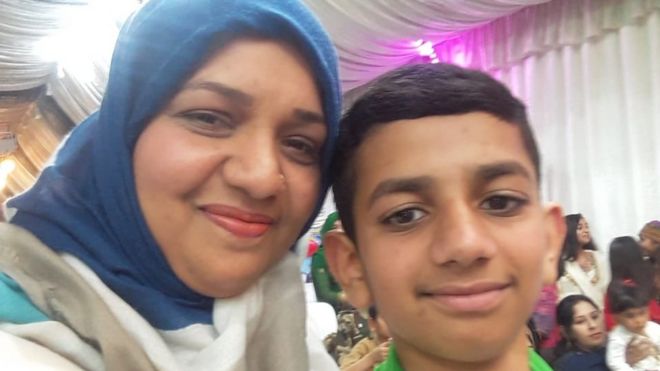
While restrictions have been put in place to prevent the spread of the corona virus, people around the world have been confined to their homes, while children with autism have also been affected. Along with schools, physical activity centers are also closed due to which these children are also spending all their time at home. Ali, the 13-year-old son of Ayesha Amjad, a resident of Lahore, also suffers from autism and his coronavirus-related condition has affected his daily life. Ayesha told us that in addition to going to school daily, her son was also learning to play different sports two days a week and cycling in the evenings, but the lockdown changed the timetable, which is not easy for Ali to accept. Was "It simply came to our notice then. He kept asking when the lockdown would end. One day he did not want to stay at home or go out, but I sent Ali to his school with his father. After reading the notice at the school gate, he was reassured that his school was indeed closed and he was not being forcibly relocated.
He also made a video call to his head, he also explained to him that now you have to sit at home and read. I explained to him that there is a virus outside, there are germs, if you go out you will get sick. Ayesha said that Qari Sahib used to come home after Fajr every day to teach the Qur'an to Ali, but he also stopped coming due to the epidemic of Corona virus and this also bothered Ali a lot. Sadia Atif, head of STEP AHEAD, a training center for such children in Lahore, says it is important for parents to keep their children engaged in activities they are interested in at home these days. "These children have certain attitudes and interests and do not want them to change. Get your child involved in an activity that they are fully involved in. While at home, try to minimize distractions. "The way these kids are taught is different, the way they are taught is different, but it's not that these kids can't understand or become something," she says.
Saadia Atif said that it is important for parents to treat children with autism with a lot of courage and patience. Ayesha Amjad did the same and did not give up even in these circumstances and is still working day and night with her son.
Nowadays, she not only teaches Ali at home every day, but also keeps him engaged in various physical activities. "I keep empty water bottles to build barriers and get him to exercise. I put the rope on the ground and walk around it, I also do painting with it, a few days ago she made a tissue paper box. But this journey of Ayesha has never been easy. She found out ten years ago that her son had autism. She says she felt as if she had been struck by lightning. "People can easily say that this child is crazy, but only a mother knows how a mother is going through this ordeal."















0 Comments